Utility-scale solar installations globally will reach to 108 GW in 2019, up 12% on the previous year, and then grow by another 10% in 2020 to 119 GW—according to U.S. investment bank Goldman Sachs.
For 2021 and 2022, the bank expects capacity to reach 129 GW and 135 GW.
“We expect the combination of lower costs for solar and favorable policy support providing a multi-year runway for utility-scale to drive meaningful upside to the market,” news agency Reuters quoted from the U.S. investment bank’s research note.
“We anticipate some of the strongest growth to materialize in key regions such as the U.S., Europe, and the Middle East while we see some potential upside emerging in China where demand appears to have stabilized in recent months following a collapse through the latter part of 2018,” it added.
Solar power has been booming not just because of government and corporate sustainability targets but also a sharp drop in panel prices in recent years.
After a decade of declining costs, solar power is cheaper than ever. Photovoltaic modules – the building blocks of solar panels – are becoming cheaper to produce and more efficient, according to Goldman Sachs Research.
In some parts of the world, the costs of producing solar power are lower than those of generating energy from fossil fuels.
The falling costs mean solar projects can thrive with fewer government subsidies and are prompting companies to sign long-term power purchase agreements with renewable energy developers.
While the boost in the share of renewables is playing out globally, Europe is leading the way: Goldman Sachs Research estimates that the share of renewables in the region’s power system will exceed 70% by 2030, while Asia will likely host more than half of all solar installations globally over the next decade.
This content is protected by copyright and may not be reused. If you want to cooperate with us and would like to reuse some of our content, please contact: editors@pv-magazine.com.
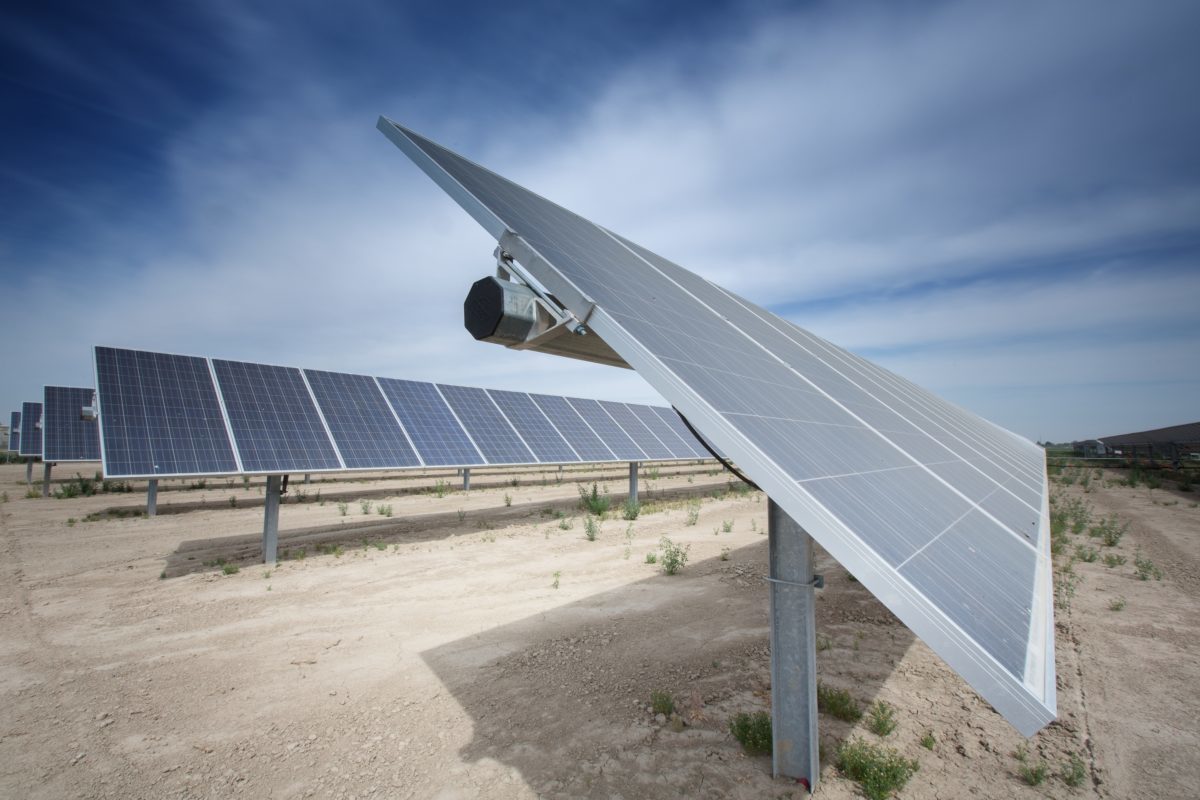



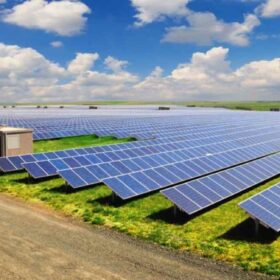
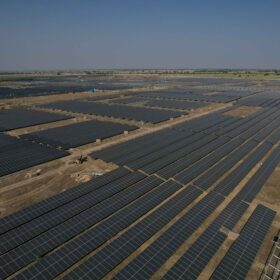
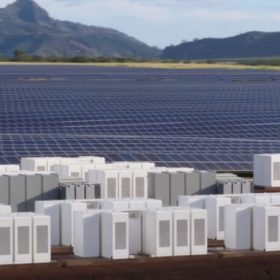

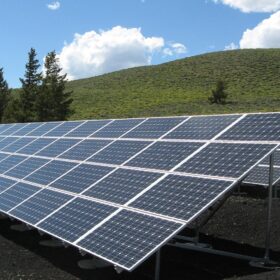
By submitting this form you agree to pv magazine using your data for the purposes of publishing your comment.
Your personal data will only be disclosed or otherwise transmitted to third parties for the purposes of spam filtering or if this is necessary for technical maintenance of the website. Any other transfer to third parties will not take place unless this is justified on the basis of applicable data protection regulations or if pv magazine is legally obliged to do so.
You may revoke this consent at any time with effect for the future, in which case your personal data will be deleted immediately. Otherwise, your data will be deleted if pv magazine has processed your request or the purpose of data storage is fulfilled.
Further information on data privacy can be found in our Data Protection Policy.